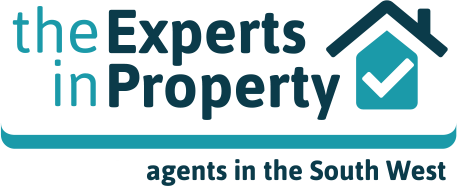
04 Aug Current marketing conditions – Ask The Experts in Property
Q. We’re currently renting but we want to buy our first property. However, with prices dropping, doesn’t it make sense to carry on renting for a while longer?
A. I can understand why you might think so. After all, if the place you are currently renting suits your needs, then why risk your hard-earned savings on a home that may well drop in value over the next few months?
Well, no-one can predict what will happen in the property market tomorrow, next week or next month. However, in the long term, property is always a good, solid investment.
Take a look at the attached graph – the latest UK House Price Index produced by the nation’s Land Registry services, which shows the average UK house price from January 2005 to May 2023. Indeed, the average price fell every month for the six months after its peak of £292,555 in September 2022. However, this was in relatively small increments and the last couple of months have seen an upward turn.
More poignantly, you’ll also notice that over the 18 years shown on the graph, every ‘blip’ is followed by a more significant upward swing, culminating in the value of property over the period increasing by almost 90%, from £150,663 in January 2005 to £285,861 in May 2023.
What is slightly more concerning however, is the increased cost of borrowing. Fact is, the base rate of interest had to rise in order to control inflation, which has been falling since its peak of just over 11% in October, to 7.95% in June, and mortgage lenders had to increase their rates accordingly.
The current view among mortgage and financial experts is that rates will have to go slightly higher to further address inflation in the short term but are expected to lower in the coming months. This has sparked debate among buyers, whether to opt for short- or long-term fixed mortgage deals.
So, I suggest you ask yourselves two questions: 1) are you both in good and secure employment? and 2) are you prepared to make a long-term commitment to your home?
If you can say ‘yes’ to both questions, then my advice is, go ahead and buy. After all, as first-time buyers with a sizeable deposit you’re in an extremely strong position.
However, be careful. Choose a property flexible enough to accommodate possible additions to your family. Speak to a reputable independent financial adviser, who can find the best mortgage deal for your individual circumstances, and don’t overstretch yourselves. Paying out for a proper survey could save you money in the long run, and use a solicitor who comes with a good recommendation. Take your time, choose wisely, and put that deposit to good use.
Q. I’m thinking about buying my first home, but how much should I budget for, over and above the purchase price?
A. You’re absolutely right to be thinking about this as there are several costs associated with buying a home and you do need to take them into consideration when assessing your affordability.
The first thing is of course your deposit. You’ll need a minimum of 5% of the purchase price but in most cases, 10%. There are better interest rates for lower loan-to-value mortgages.
Stamp Duty Land tax (SDLT) is the largest cost. At the moment, in England and Northern Ireland, the rates are 0% on properties under £250,000; 5% on properties £250,001-£925,000; 10% on properties £925,001-£1,500,000, and 12% on properties £1,500,001+.
For first time buyers, it’s 0% to £425,000, then 5% between £425,001 and £625,000. Rates are higher for second homes. You only pay on the proportion in each band. So, for example, if you’re selling a home and you’re buying at £500,000, the first £250,000 is at 0% and you’d pay 5% of the remaining £250,000, so £12,500
Conveyancing is the legal process carried out by a conveyancer/solicitor. The fee for this varies, but allow between £500 and £1,150, then an additional £500 or more for disbursements, including searches, Land Registry, etc. Note that SDLT and conveyancing fees may be more in the case of leasehold properties.
Then there are valuation/survey costs. Your lender will probably charge around £200-£300 to do a valuation, and depending on the property, you could opt for a more in-depth survey too. Depending on the level of survey required, this could cost from £300 to over £1,000.
Some mortgages come with a Mortgage Arrangement Fee, which can range from £400 to a couple of thousand pounds, depending on the size and type of mortgage. Some are paid upfront, and others can be added to the loan to pay over time.
If you buy at auction, there will be a buyers’ fee. And other than removal expenses, that’s about it in terms of the costs involved in purchasing a property. But it’s best to factor in the likely running costs: gas and electricity, Council Tax, water rates, TV/broadband services, insurances, and, in the case of leasehold properties, ground rent and service charges. You may also want to get life insurance to pay off the loan in the case of your death.
It’s a costly business, but I think you’ll agree, homeownership is indeed a privilege, and the rewards are well worth it, providing you don’t overstretch yourself of course. If we can help in any way, just give us a call.
Good luck in your quest!



Sorry, the comment form is closed at this time.